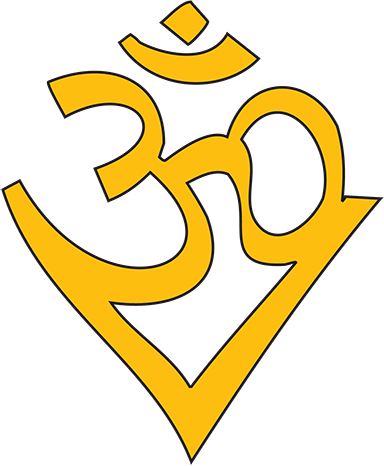Intellectual Bankruptcy of some Indian Academics abroad
Sanskrit is known as the mother of Indo-European languages. In this blog I want to present to you examples of how this interplay of languages works. Once you dig a bit deeper in the meaning and pronunciation of English and Welsh words you will be surprised at the Sanskrit origins of them. I will start with the English words first.
Man – comes from Manu, the first human being according to Hinduism.
Cough – is Kafa
Myth – is Mithya, so the word mythology is of Indian origin!
Mind – is Mun
Committee – is from Samiti
Sun – Surya
Nerve – Nara
Vest – Vastra
Voice – Vacha
Percentage – Pratishat
Cow – Gau
Royal – Raja
Calendar – Kaal ( Meaning time)
Mega – Maha,
Medium – Madhyam
Mix – Mishra
Snake – Sarpa/Serpent
Name – Naam
Anonymous – Anamika ( a person with no name. It can also mean a beautiful lady with no name)
War – Vaar
Better – Behtar
Nose – Naak,
Prayer – Prathna
Opal -Upal
Grass – Ghaas
Saint – Sant,
Bond – Bandhan
Umbrella – Amberella ( tree),
Minister – Mantri,
Smile – Smit
Accident – Accasmaat
Up – Uppar
Victory – Vijay
Plenty-Pushkad,
Cheetah – Chitra,
Praise – Prashansa,
Widow – Vidhwa
Character- Charitra (the first two letters in the word Character if pronounced Ch and not Ke is the give away)
Pedestrian – Padyatra
Cruel – Krur
New – Navu
Young – Yuva
Donation – Daan
Trigonometry – Trigunamiti
Naked – Nagna
Meat – Maans,
Holiday/Holy – Holi (from the ancient festival of Holi), this is my hunch!!
Door – Darwaja
Navy – Navka (Boat)
Dental – Danta,
Day – Dina
Palanquin – Palaki
Pepper – Pippali
Juggernaut – Jaganath ( When the Europeans first saw a huge chariot carrying Lord Jaganath, Lord Baladev and Sister Subhadra they pronounced it Juggernaut which now means a huge vehicle)
Arrogance – Ahankar (Pride)
Magician – Mayavi (one who can create an illusion)
Vicious/Poisonous – Vish
Immortal – Amaranth
Peter ( meaning stone in Hebrew) – Patthar
Orange – Naranj
Stanza – Sloka
Geometry – Jamiti,
Ignite- Agni meaning fire.
Ruby-Rudra. It means blood which is the colour of Ruby-blood red.
Death – Dehant
In many English words the first letter ‘ A’ denotes ‘not’, for example an atheist is one who does not believe in God. In Sanskrit too ‘A’ denotes ‘not’ in many cases.The word Ahimsa means non-violence.
There are English words starting with the prefix ‘para’, like paranormal. It means out of ordinary. In Sanskrit too some words start with ‘para’, like para shakti, meaning out of ordinary.
In Denmark and Norway a huge number of names end with Sen. For example Andersen meaning ‘son of’. Similarly, many names in India end with ‘sen’, like Bhimsen.
These are just a sample of words of Sanskrit origin in English. They do not include the hundreds of modern Sanskrit words incorporated in the English language, such as guru, karma and mantra.
.
Sanskrit words in Welsh
Cumra ( Man like Welshman) – Kumar
Daear ( Earth) – Dhara
Reich – Raj
Geni ( to be born) – Janam
Maen (a gem) – Mani
Marw ( to die) – Mara
Mawr (great, big ) – Maha
Prad (Earth) – Prithvi
Rhen (the Lord) – Rajan
Rhian (lady) – Rani
The Welsh and Indian accents are very similar! It is a complete mystery as to why two cultures so far apart have a common style of speaking!
Revival of Sanskrit.
Around 34 countries teach Sanskrit in their universities. In the USA, 36 universities teach Sanskrit, including John Hopkins and Harvard. In Germany, 14 universities teach Sanskrit as well as many schools.
Along with yoga and a plant-based vegetarian and vegan diet, Sanskrit will be another one of India’s gift to the world. Parents should give their children Sanskrit origin names. It should be introduced in schools. Sanskrit helps immensely to develop cerebral dexterity through its phonetics. Pupils will also be able to learn other languages easily and it will help them grow into considerate human beings.
As a fun exercise find out whether your name is of Sanskrit origin and what it means!
Nitin Mehta
